North Korea's art of brinkmanship
Pyongyang also suspended foreign tours for three months due to fears over SARS in 2003
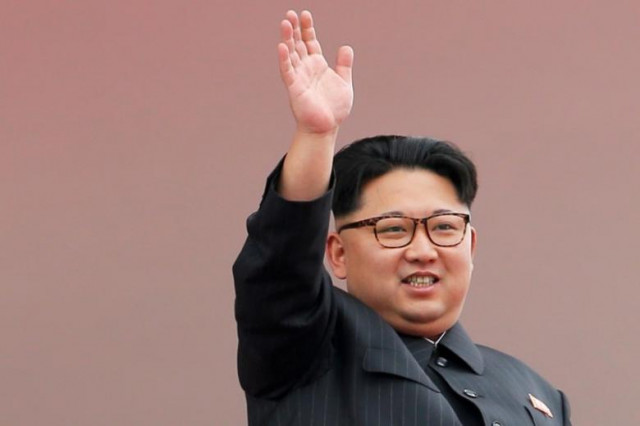
Kim Jong Un. PHOTO: REUTERS
The authoritarian, nuclear-armed state has a long history of using foreigners - especially American tourists or missionaries - as bargaining chips in its nuclear and aid negotiations with the US.
The reclusive nation has also occasionally shut its borders in the face of external health threats, or in protest at times of military tension with the South, despite the potential consequences.
North Korea bans Malaysians from leaving in Kim spat
A number of Americans have been arrested and jailed for crimes including hostile acts and illegal religious activity, sometimes for years.
Many were released after visits by high-profile US figures including ex-presidents Jimmy Carter and Bill Clinton, but with relations between Pyongyang and Washington in the deep freeze two remain in the North.
Otto Warmbier, a 22-year-old college student, was last year sentenced to 15 years' hard labour for stealing propaganda materials. Kim Dong-Chul, a Korean-American pastor, has been jailed on spying charges.
The North receives a tiny number of overseas visitors, but closed its borders to foreign tourists for more than four months from October 2014 in a bid to keep out the Ebola virus - when no cases had been reported in Asia.
It went so far as to enforce a 21-day quarantine period on anyone entering the country, including foreign diplomats and businessmen.
Malaysia PM not waiting for apology as North Korea envoy expelled
Tourism is a crucial source of hard currency for the impoverished nation, but the country, notorious for weak medical infrastructure and chronic lack of medicines, appeared willing to take a financial hit.
When South Korea suffered from the world's largest outbreak of Middle East Respiratory Syndrome, or MERS, in summer 2015, the North reportedly prohibited its diplomats and workers overseas from returning to their homeland for months to prevent the spread of the virus.
Pyongyang also suspended foreign tours for three months due to fears over SARS in 2003.
The Kaesong industrial complex - where more than 100 South Korean firms employed over 50,000 North Korean staff in a reconciliation project - suffered several political setbacks after it was set up in 2004, eventually closing in 2016.
Pyongyang abruptly withdrew all its workers in April 2013 in protest at joint military exercises between Seoul and Washington, and ordered all South Korean managers to leave immediately.
Most South Koreans managed to depart, but seven were ordered to stay until remaining wages for North Korean workers were paid, stoking fears that they would be held as hostages.
Malaysia says ready for 'five-year' stake-out at North Korea embassy
The group were eventually allowed to return home nearly a month later, after Seoul sent a convoy carrying more than $10 million in cash across the border.
The complex resumed operations in September 2013, but last year Seoul declared the project would shut down to punish Pyongyang for its nuclear and missile tests.
The North responded a day later by expelling all southern managers and freezing all South Korean assets in the zone.

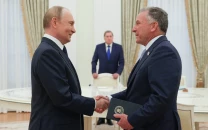
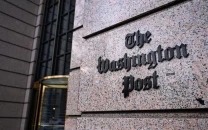
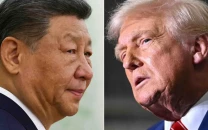
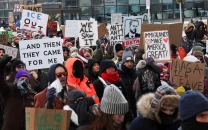
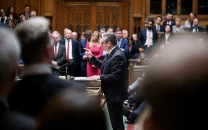
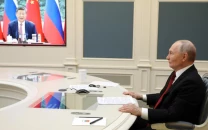












COMMENTS
Comments are moderated and generally will be posted if they are on-topic and not abusive.
For more information, please see our Comments FAQ